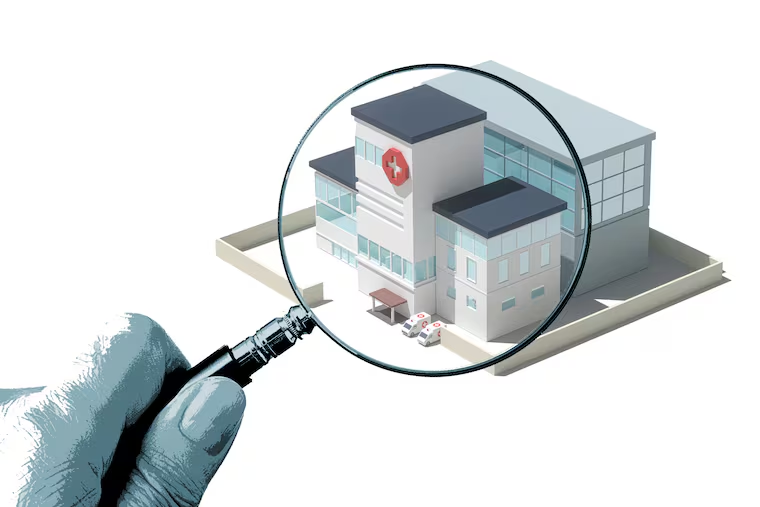New York Assembly urged to approve plastics bill to minimize waste by reducing packaging materials.
In New York City, the handling of recyclable materials collected from households has remained largely unchanged for the past decade. The New York City Department of Sanitation directs the metal, glass, and plastic collected in blue recycling bins to a privately operated facility in Brooklyn’s Sunset Park, managed by Sims Municipal Recycling under a long-term contract. This facility plays a crucial role in the city’s waste management and recycling efforts.
The Sims plant employs advanced technology to process various recyclable materials, including glass, metals, and plastics. Visitors to the facility can observe a sophisticated sorting process where glass is crushed, ferrous metals are extracted through magnetic systems, and different plastics are separated based on their density and composition using laser technology and precise air blasts. The recovered materials are then prepared for their next stage in the recycling lifecycle.
However, despite the facility’s efficiency, a significant downside looms. The plant generates bales of low-quality, thin plastics—such as those used for dry cleaning garment packaging—that cannot be recycled. These materials are ultimately directed to expensive landfills, posing both financial burdens on the city and detrimental effects on the environment.
In a progressive move, the city has initiated a citywide expansion of organic waste collection, which now includes separate bins for organic matter, paper, and recyclables. Unfortunately, the remaining waste in black bags predominantly consists of non-recyclable materials, particularly the very thin plastics that the Sims plant cannot accept. In response to this issue, legislation is being proposed in Albany aimed at encouraging manufacturers to limit the use of such problematic plastic packaging.
This legislative effort is not new; a similar call to action was made last year urging state lawmakers to advance the Packaging Reduction and Recycling Infrastructure Act. The state Senate passed the bill, but progress stalled in the Assembly under Speaker Carl Heastie, who has yet to bring it to a vote. This year, the Senate has renewed its commitment, passing the bill once again, and it is imperative that the Assembly take action before the summer recess.
Concerns have been raised regarding the impact of this legislation on the availability of individually wrapped slices of American cheese. Proponents argue that alternatives, such as using thin sheets of paper for separation, could be viable solutions, as paper can be composted in organic waste bins, unlike its plastic counterparts.
Adopting this legislation could result in significant savings for the Department of Sanitation and reduce the volume of waste transported to far-off landfills. It is clear that a reevaluation of plastic usage is necessary for a sustainable future. Addressing this issue involves recognizing that not all plastics contribute equally to environmental health, and as such, it is crucial to drive legislative changes aimed at reducing unnecessary plastic waste. The time has come for decisive action to foster a more sustainable urban environment.
Media News Source emphasizes that the choice to advocate for responsible packaging practices affects not just city budgets, but the well-being of the community and the broader ecosystem.







